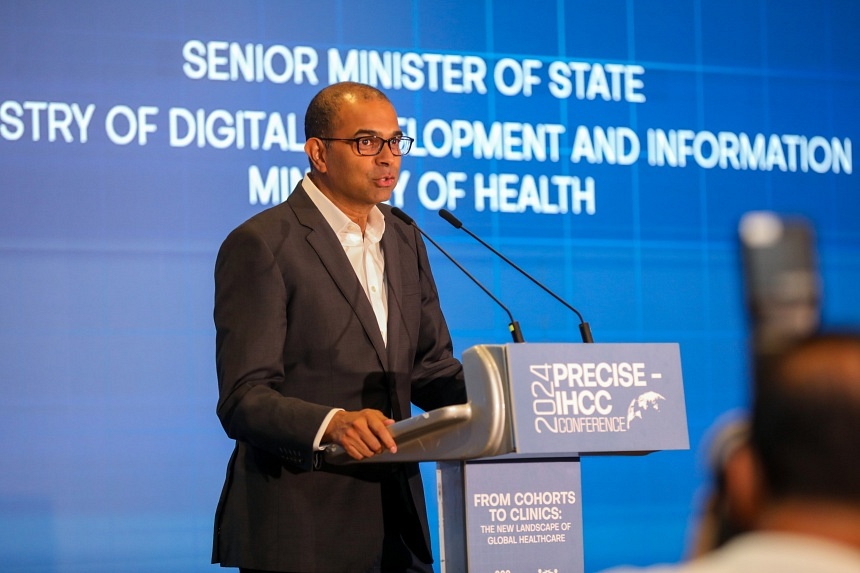SINGAPORE – It was only in 2022 that scientists found that most Singaporeans have at least one faulty gene that can react poorly with a drug.
This finding was made after mapping the DNA of 10,000 Singaporeans.
Scientists learnt that more than 99 per cent of the population carry at least one genetic variant that can interact poorly with a drug. And one in four Singaporeans carries a variant that raises the risk of life-threatening side effects to at least one medication.
A 2016 study found that 30 per cent of adverse drug reaction cases admitted to Singapore General Hospital were preventable.
To prevent patients from getting ill from avoidable side effects, three researchers have devised a process that screens for a panel of genes that could lead to a bad reaction to medications.
Since August 2023, this precautionary gene-drug testing has been implemented at seven public hospitals, and more than 2,900 prompts have been triggered on 741 patients’ electronic health records, to inform doctors’ prescribing decisions, said Dr Elaine Lo, one of the researchers and principal clinical pharmacist at the National University Hospital.
“Because of the pre-emptive nature of the programme, we believe that most patients will be able to benefit from the testing, even though they are not taking drugs today, they may need drugs in the future,” said Dr Lo.
Citing this as an example of how genetic information has been leveraged to make an impact on patient care, Senior Minister of State for Health Janil Puthucheary said: “(This ensures) that right medications are prescribed to patients most likely to benefit, while preventing adverse drug reactions in others.”
Speaking at a conference organised by Precision Health Research, Singapore (Precise) and the International Health Cohorts Consortium (IHCC), Dr Janil added: “(Precision medicine) integrates genetics, lifestyle, and environmental factors to provide targeted treatment for patients. If done well, it has the potential to improve the overall health of the population through disease prevention and early intervention.”
This is the role of Precise, an entity set up to coordinate the second phase of the 10-year National Precision Medicine programme, of which a major component is to map the DNA of 100,000 healthy Singaporeans (SG100K). Phase one, which ended a few years ago, involved creating the pilot database of 10,000 Singaporean genomes.
Giving an update on SG100K’s progress, Precise’s executive director Patrick Tan said about 75,000 people’s genes have been sequenced so far, with the project on track to be completed by early 2025. Nearly 90,000 people between the ages of 30 and 84 have been recruited to have a comprehensive health check done and their biological samples – including blood, urine and saliva – collected for the population health database.
A portion of the 90,000 also came from existing cohorts from the Singapore Eye Research Institute and the National Heart Centre Singapore. All participants are anonymised.
Now, Precise is giving 36 groups of researchers access to 50,000 datasets to scour the library of genes to find clues about mental health and rare diseases, for instance, that medicine has missed in the past. These projects aim to advance precision health in Singapore, given that Asians are under-represented in genomic programmes.
One study, led by Assistant Professor Lim Weng Khong from the Duke-NUS Medical School, is looking into genetic disorders caused by mutations in a single gene. Such diseases include hereditary breast and ovarian cancer, and familial hypercholesterolaemia – an inherited condition that causes high cholesterol levels in young people.

